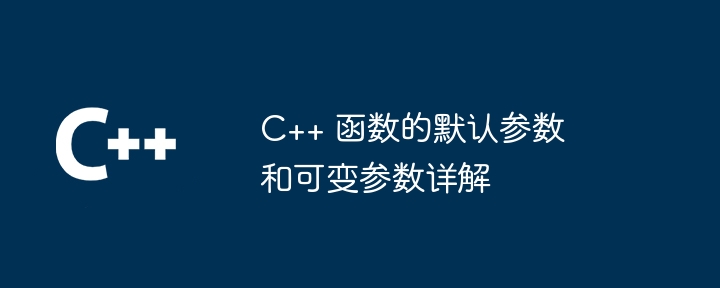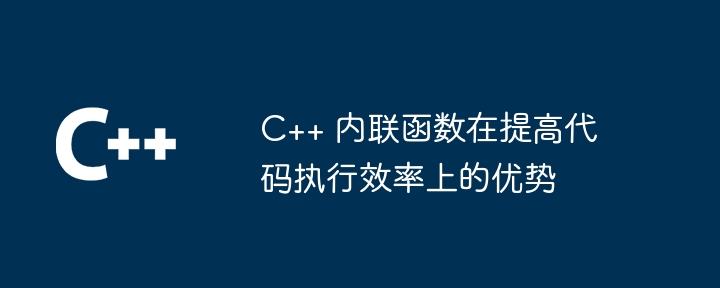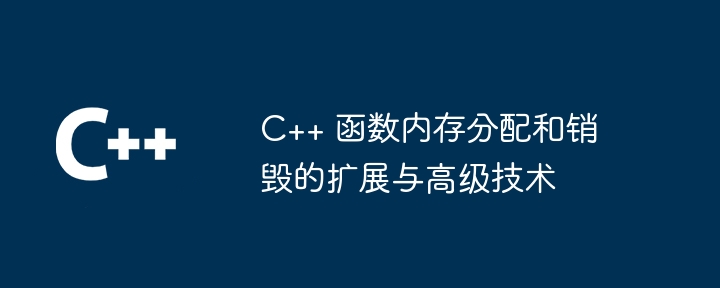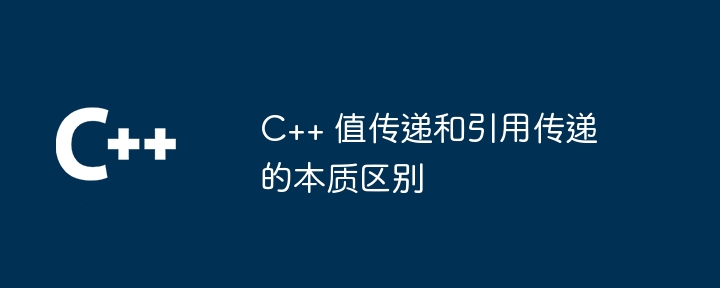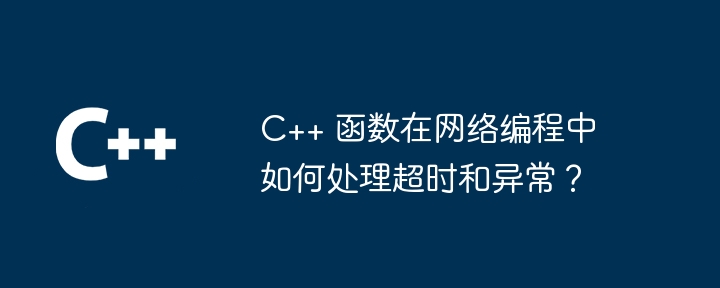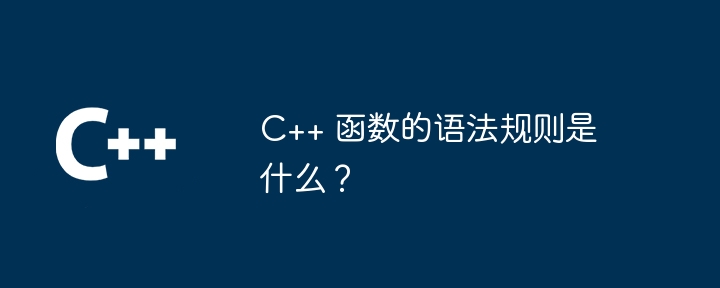Tokens are generally smallest, indivisible units in a C program with different meanings.
The various types of tokens in C are as follows −
Identifiers − This refers to the name of the functions, variables, arrays, structures, etc.
Operators − These are the symbols that tells to the C compiler to perform some logical, mathematical, or relational operations.
Special Characters − All characters except alphabets and digits are called special characters.
Constants − Some fixed values that cannot be changed during the program execution are known as constant terms
Keywords/Reserved Names − These are Predefined words with some special meanings that cannot be used as variable names.
Following is the C program for usage of tokens −
#include<stdio.h>
int main(){
int p, q, result;
p = 2, q= 3;
result = p + q;
printf ("result = %d ", result);
}
这里,
